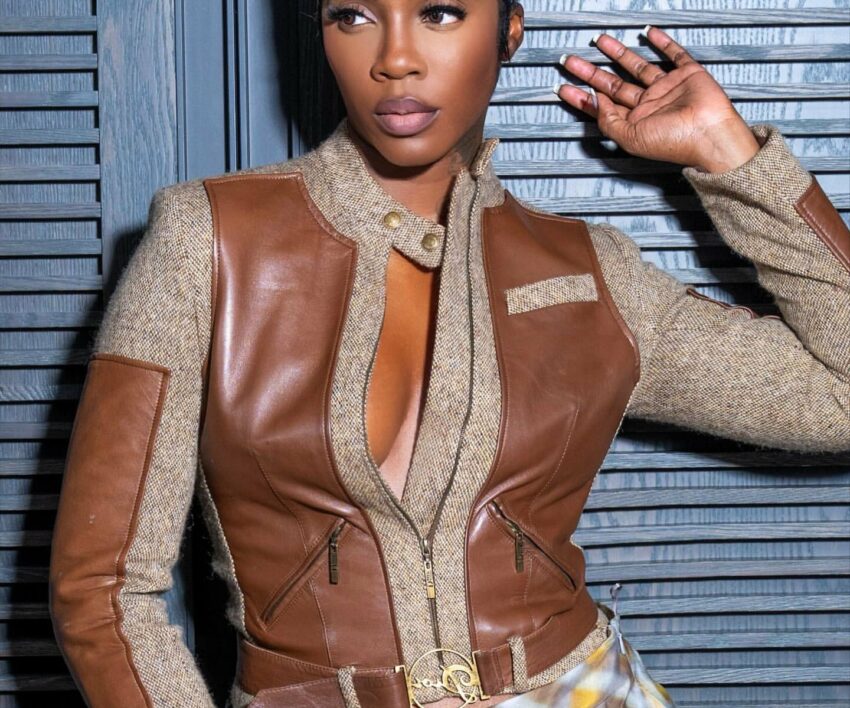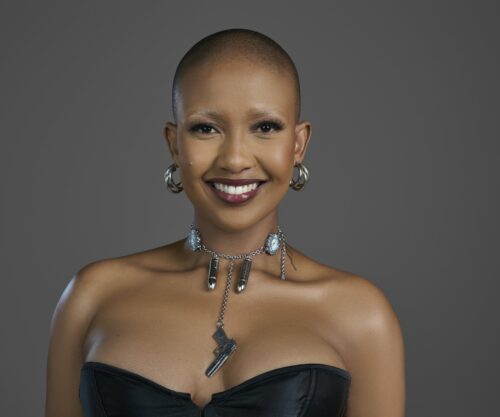
Tiwa Savage Steps Into Tyla’s Controversy
South African Grammy winner Tyla has found herself back in the spotlight, not for new music, but for a heated conversation about identity. The debate resurfaced after Nigerian superstar Tiwa Savage weighed in during an interview on “The Breakfast Club”, apologising on Tyla’s behalf to American audiences over her use of the term “coloured.”
The 45-year-old singer explained that while she understood the sensitivity of the term in the United States—where it is widely considered a racial slur, she sympathised with Tyla’s position as a young artist navigating complex racial classifications.
“I would get why that would be such a huge thing here, because of the history behind that name,” Savage said. “I think I felt for her a little bit because she is young and I do not think she means to come across like that.”
When Asked About Tyla’s ‘Colour’ Comment, Tiwa Savage Shared Her Perspective. pic.twitter.com/mp8mcmCeFa
— 𝗧𝗶𝘄𝗮’𝘀 𝗪𝗼𝗿𝗹𝗱⚔️ (@savagesourcee) September 25, 2025
Apology Sparks a Firestorm
Savage went further, offering an apology in a style she says is customary in her own culture:
“Where I am from, when something like this happens, the elderly would come and speak ‘on behalf of’. We apologise. We did not mean it, forgive us.”
While her intent was solidarity, many South Africans saw this as overstepping. Social media erupted with comments questioning why a Nigerian artist would speak for a South African, particularly during Heritage Month, a time celebrating local history, culture, and identity.
X user @Angelinahhhhhh wrote: “And Tiwa Savage apologising to Americans on Tyla’s behalf? Tiwa who isn’t South African and does not possess the range or cultural experience to speak on SA race politics.”
@nicki_D_ added: “Tiwa Savage must never ever under no circumstances speak on behalf of any South African, let alone apologise for anyone. Tyla did nothing wrong and doesn’t owe anyone an apology.”
@Sihle_s_ summed up the frustration: “I’m still trying to wrap my mind around why Tiwa Savage, a Nigerian, thought it was a good idea to comment on South African racial history. Tyla herself has never apologised for who she is.”
— Tyla (@Tyllaaaaaaa) June 13, 2024
Understanding Tyla’s Position
Tyla, 23, previously addressed the backlash herself, explaining the difference in racial terminology between South Africa and the US. In South Africa, “coloured” is used to describe people of mixed heritage, while internationally, she identifies as black.
“Never denied my blackness,” Tyla clarified on social media. “I’m mixed with black/Zulu, Irish, Mauritian/Indian and coloured. In South Africa, I would be classified as a coloured woman and, other places, I would be classified as a black woman.”
Despite this clarification, debates over identity, cultural understanding, and the reach of global audiences continue to swirl around the singer. Even Cardi B and other artists have defended Tyla, emphasising the importance of respecting her South African heritage.
Heritage Month, Cultural Sensitivity, and Global Spotlight
This incident highlights a recurring challenge for African artists crossing borders: words and identities that are normal in one context may carry completely different connotations elsewhere. Tyla’s situation illustrates how the global music industry intersects with local history, culture, and race.
While Tiwa Savage’s gesture may have been intended as support, the reaction demonstrates that identity discussions, especially in South Africa, are deeply personal and nuanced, and outsiders—even fellow African artists—must tread carefully.
For Tyla, this moment underscores both the power and complexity of representing South Africa on the global stage: embracing her heritage while educating audiences unfamiliar with its history.
Source: IOL
Featured Image: X{@TiwaSavage}




